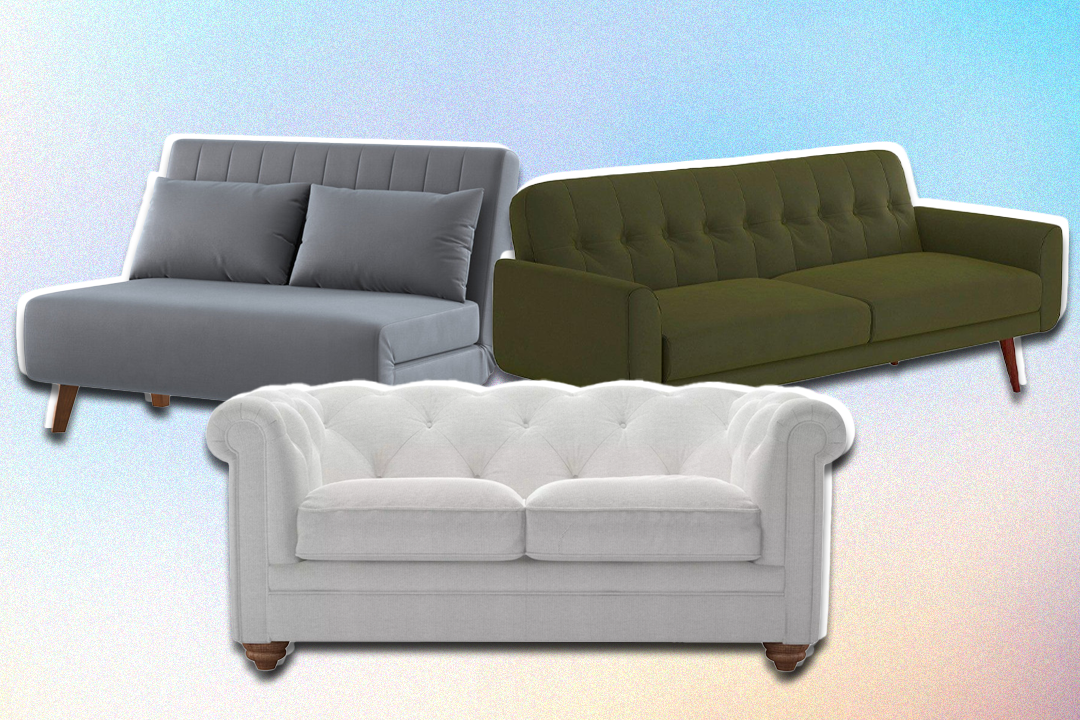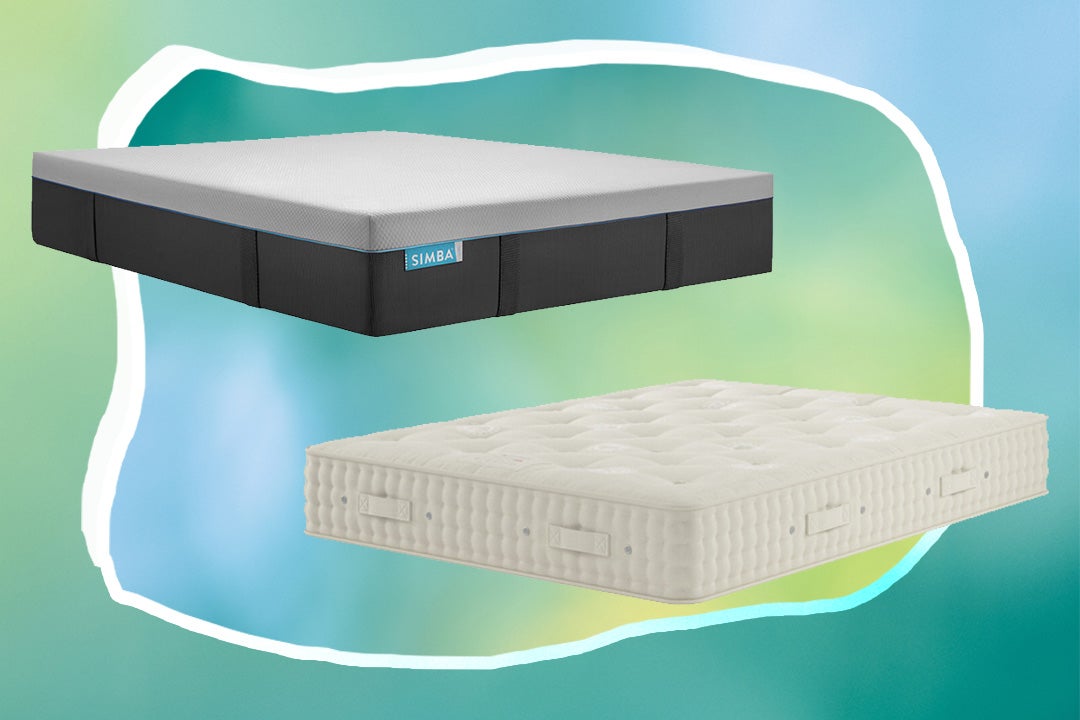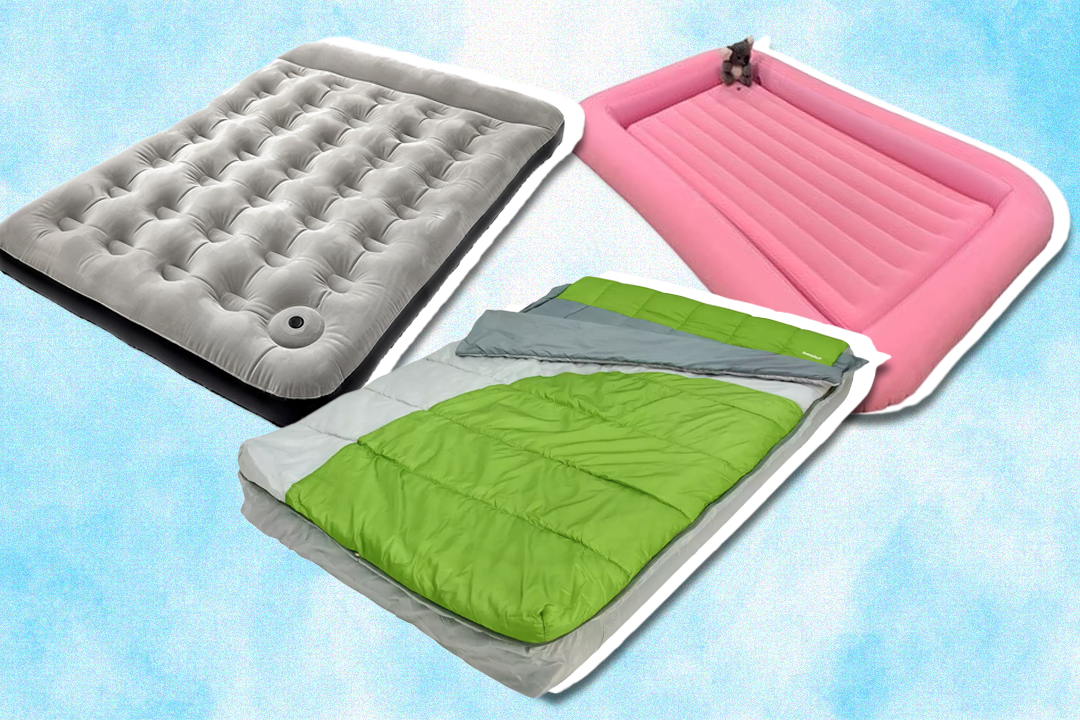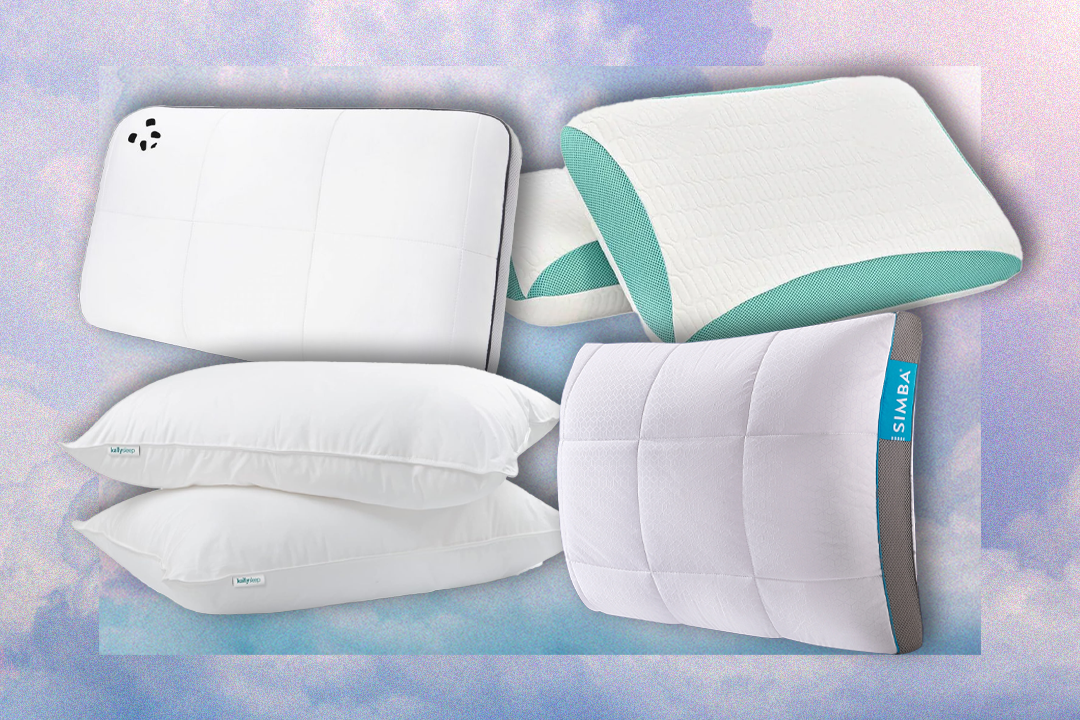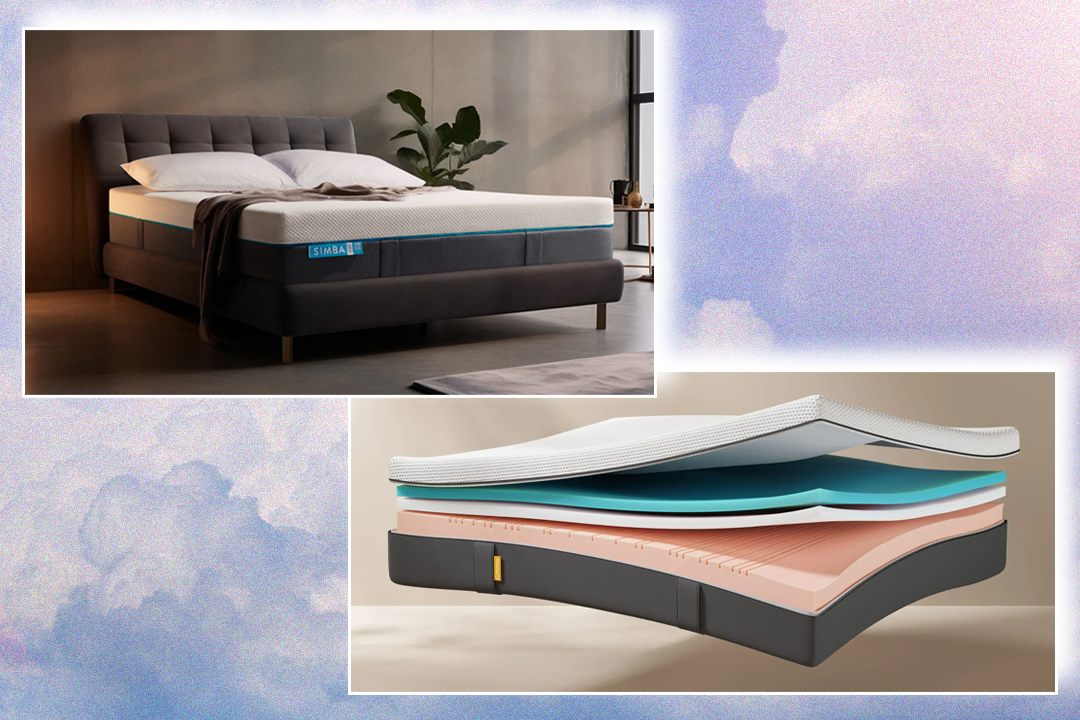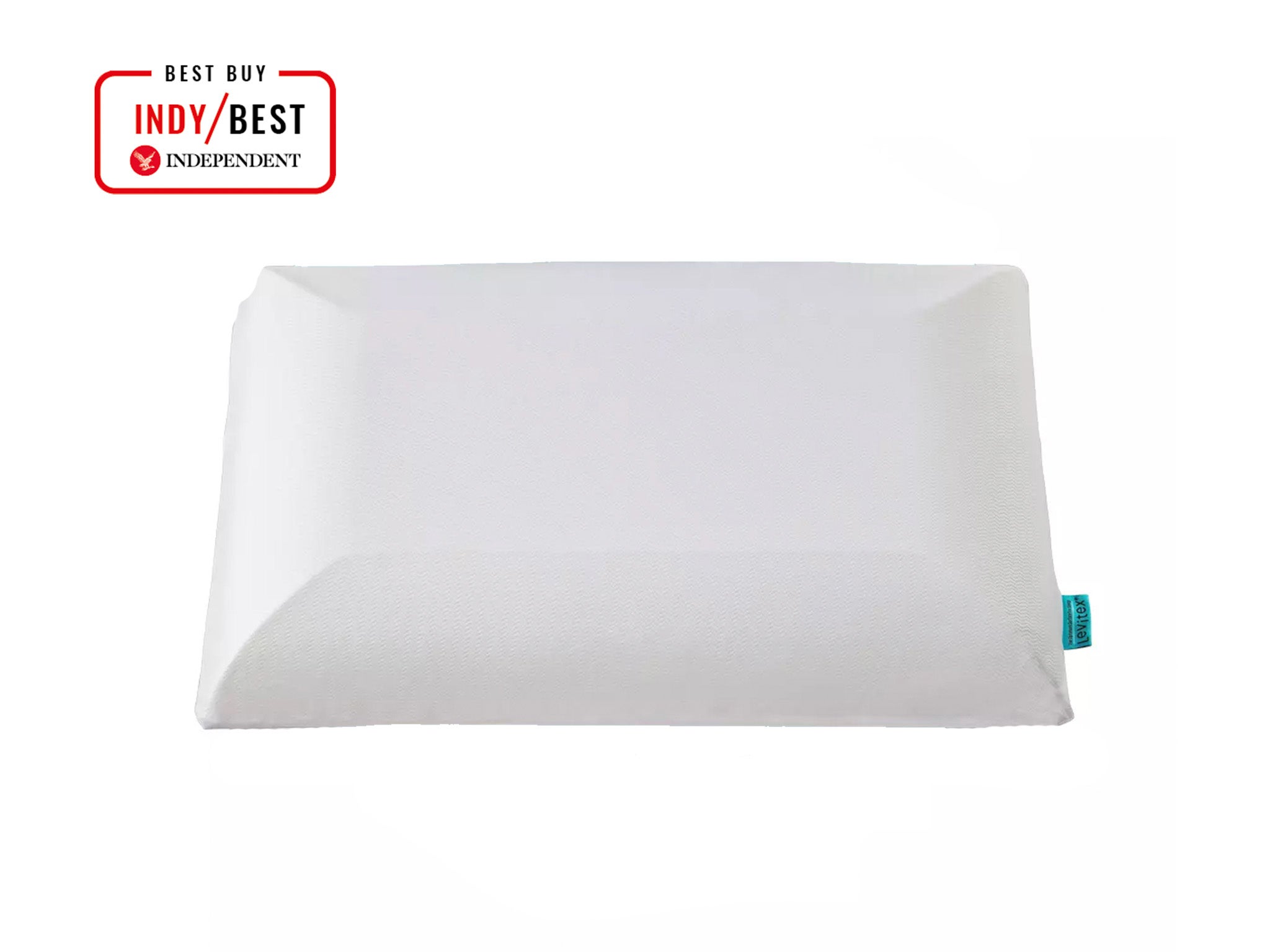
The Independent's journalism is supported by our readers. When you purchase through links on our site, we may earn commission. Why trust us?
Best anti-snore pillows to give side and back sleepers a peaceful night’s sleep
Breathe easy ’til morning, with these wedge, orthopaedic and memory foam pillows
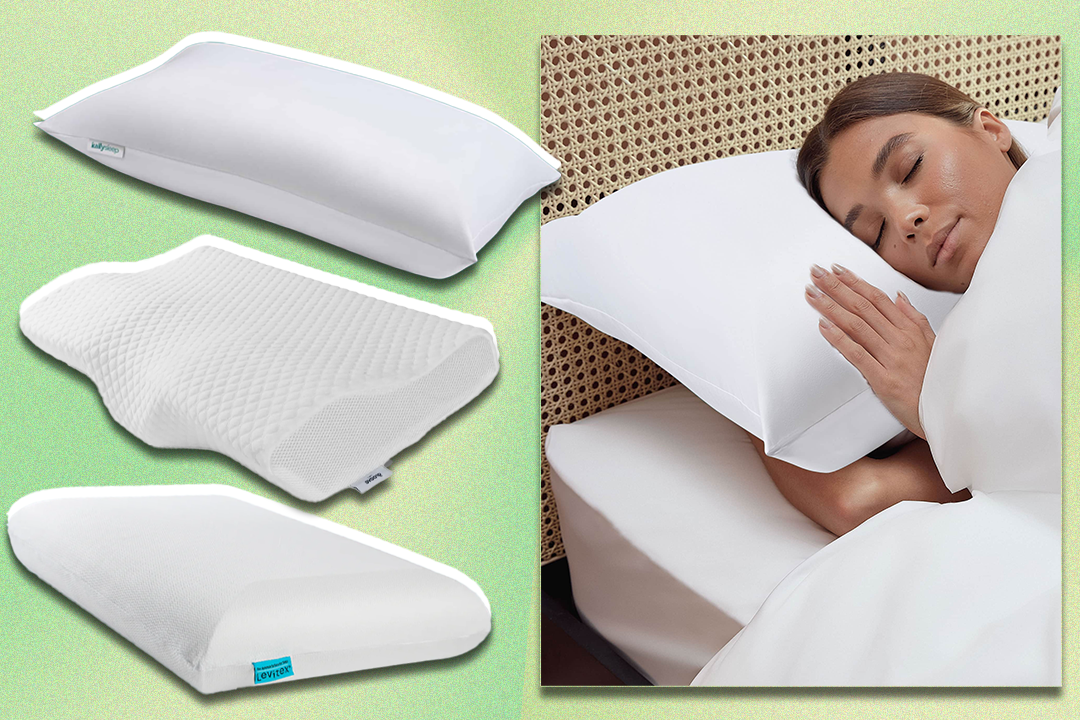
Whether you snore or share a bed with someone who does, you’ll have likely tried everything from nasal sprays to earplugs to get a good night’s sleep. If you really want to free up your airways, however, an anti-snore pillow can help, by aligning your head and neck, so you can breathe more freely.
Snoring happens when you can’t easily move air through your nose and throat during sleep, which then makes the surrounding tissue vibrate, resulting in that familiar snoring sound. However, several studies have proved sleeping on your side, rather than your front or back, reduces compression on the airways, leading to better, quieter breathing.
This is where anti-snore pillows come in, as they can make you comfortable when sleeping on your side, so you don’t roll onto your back and start snoring mid-way through the night.
If you’re not used to sleeping on your side, it may take a while to adjust to doing so, even if you have an anti-snore pillow, so, allow a few nights to relax into it.
Side-sleeping is not for everyone, though. If you really can’t get comfortable, there is another option. Research has also shown that elevating your head 4in may ease breathing and encourage your tongue and jaw to move forward. There are some pillows that have been designed specifically to help prevent snoring, by making sure your neck muscles are not crimped.
How we tested
We tested a range of anti-snore pillows across different price points and measured the effect they had on noise levels in the bedroom. Each pillow was tested for three weeks, so we could get used to the feel and support. We considered how comfortable each anti-snore pillow was, and how our bodies felt after sleeping for eight hours. The majority of the anti-snore pillows we tested were aimed at encouraging and supporting a side-sleeping position but we added a couple of pillows designed for back sleepers into the mix, to see how they fared, too.
The best anti-snore pillows for 2025 are:
- Best overall – Levitex pillow: £75, Levitex.co.uk
- Best budget buy – Silentnight anti-snore pillow: £11.99, Amazon.co.uk
- Best for neck pain – Groove the original Groove pillow: £29.95, Groovepillows.co.uk
- Best for back sleepers – Lancashire Textiles orthopaedic anti-snore pillow: £20.99, Amazon.co.uk
- Best for draining sinuses – Putnams anti-snore bed wedge pillow: £77.03, Putnams.co.uk
Levitex pillow

- Best: Overall
- Comfort: Soft, supportive, lightweight
- Material: Levitex foam
- Did it reduce snoring?: Yes, significantly
- Extras: Reduced hip pain and shoulder pain
- Why we love it
- Great for overall posture
- Good range of sizes
- Luxurious feel
Levitex was founded by James Leinhardt, a sleep posture expert who has spent years working with NHS trusts and social care across the UK. If you have poor posture during the day, there’s a good chance you’ll have a sleeping position that will stress your spine, cause aching joints, stiff muscles and fatigue the following day, as you won’t feel properly rested.
The foam technology in a Levitex pillow will gently and comfortably support you as you sleep, helping you to find a sleep posture that allows your spine to feel neutral and weightless, and keeps your airways open.
There are four pillow sizes, from small to extra large, available to ensure people of all sizes have the right level of support for the shape of their neck and shoulders.
Our tester tried a medium and said it felt luxurious. After a few night’s on this, you’ll wonder why you didn’t throw out your old pillow years ago. Snoring was definitely reduced, neck and tension pain relieved, and using the pillow even made an old hip injury feel less painful.
Silentnight anti-snore pillow
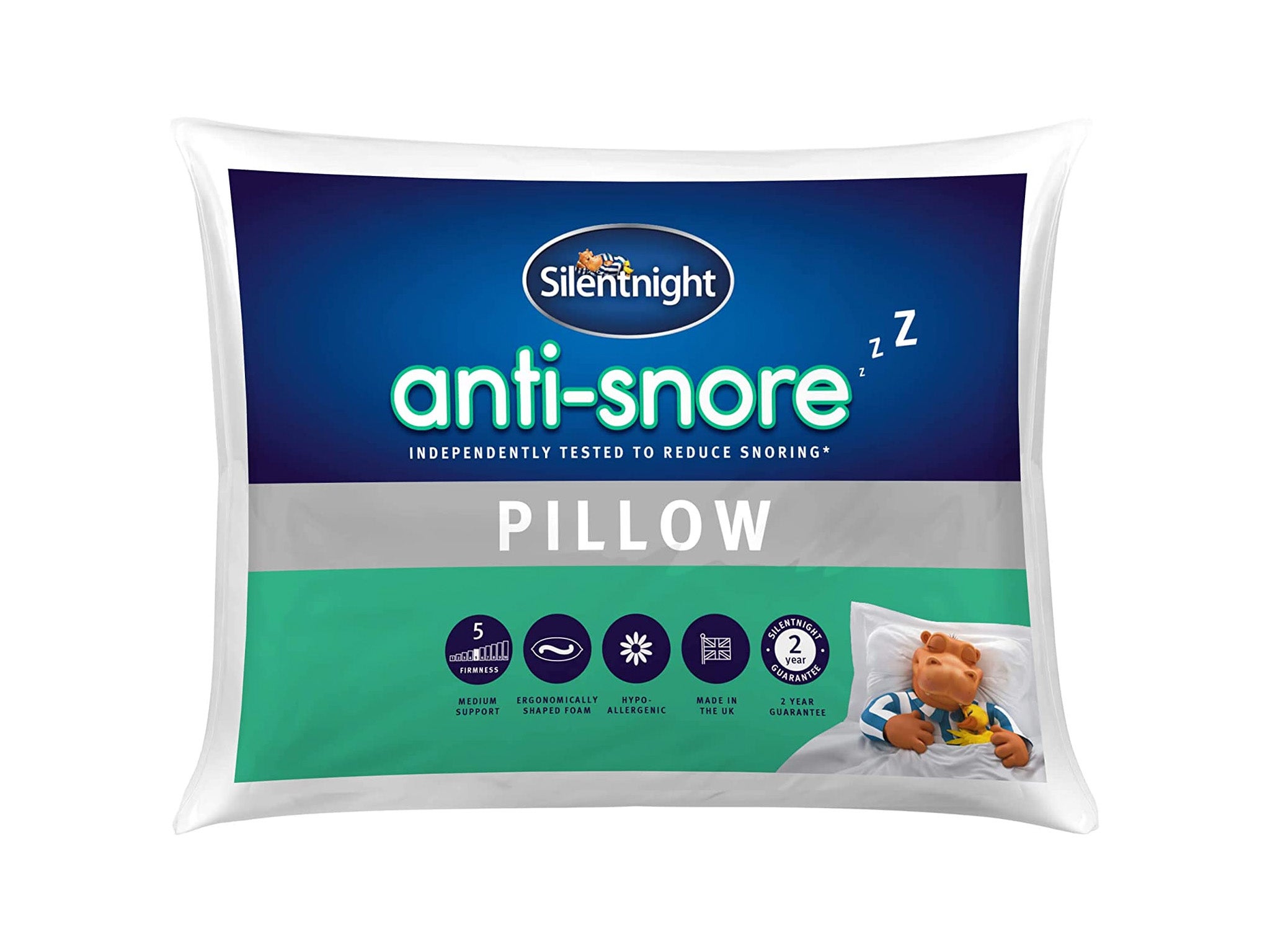
- Best: Budget buy
- Comfort: Ergonomic foam core, hypoallergenic filling
- Material: Hollowfibre filling with a contoured foam core
- Did it reduce snoring?: Marginally
- Extras: N/A
- Why we love it
- Expert approved
- Hypoallergenic
This may be the lowest priced pillow we tested but it comes with a high level of consumer satisfaction and is approved by experts. Tested by the British Snoring & Sleep Apnoea Association, the pillow was found to reduce snoring frequency and volume by approximately 50 per cent. Notice it’s not claiming to cure your snoring completely, but it can help reduce your levels of snoring. This is thanks to an ergonomically shaped foam core in the centre of the pillow, which has been designed to support your head and neck, keeping it at just the right position to improve your breathing.
The Silentnight anti-snore pillow is hypoallergenic, which means it doesn’t contain any materials that are likely to cause allergies. The outer fabric is smooth polycotton, which is soft and breathable, while the pillow comes with a two-year manufacturer’s guarantee, so you can sleep soundly, knowing you’re covered.
Putnams anti-snore bed wedge pillow
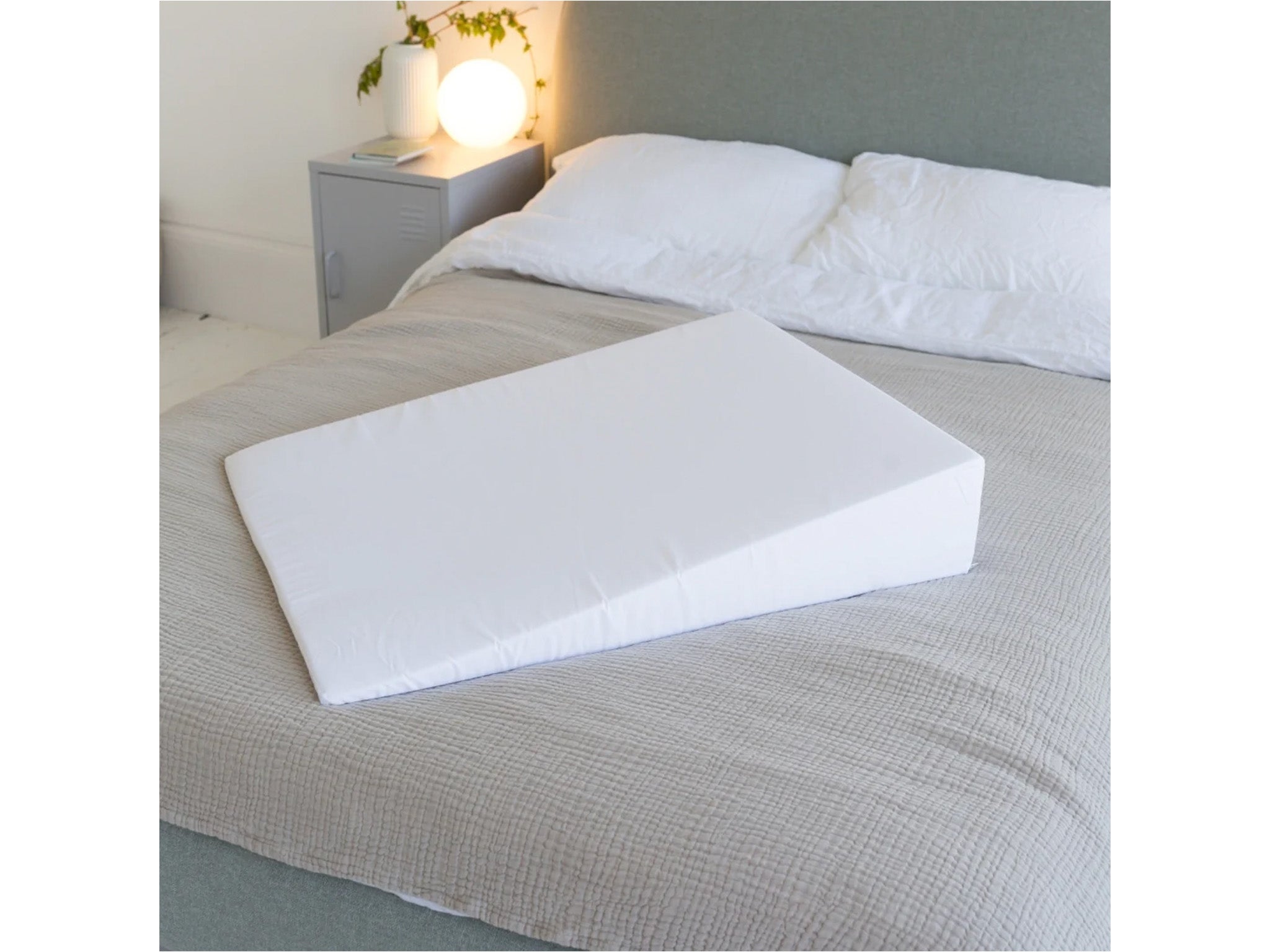
- Best: For draining sinuses
- Comfort: Torso elevation
- Material: Choose from standard foam, memory foam or latex fillings
- Did it reduce snoring?: Yes
- Extras: Comes with a free washable cover
- Why we love it
- Versatile pillow
- Noticeable improvements after a few days
- Take note
- Makes snuggling a little harder
Putnams is a family-run business, with all pillows, bed supports, mattresses and other comfort products handmade in a factory in Devon. It has solutions for all kinds of sleep problems, from back and neck pain, acid reflux, sleep apnoea and coccyx relief while pregnant, as well as anti-snoring pillows.
For snorers, the bed wedge pillow works by elevating the torso on a slight incline, opening up the airways. It does this brilliantly and our tester said their nasal passageways felt noticeably clearer within a few days of sleeping on the Putnams wedge. Our reviewer also liked how the wedge can be propped against the wall to support the back when reading in bed. The only downside was it’s hard to snuggle with a partner when one is propped up higher than the other.
Kally Sleep neck pain pillow
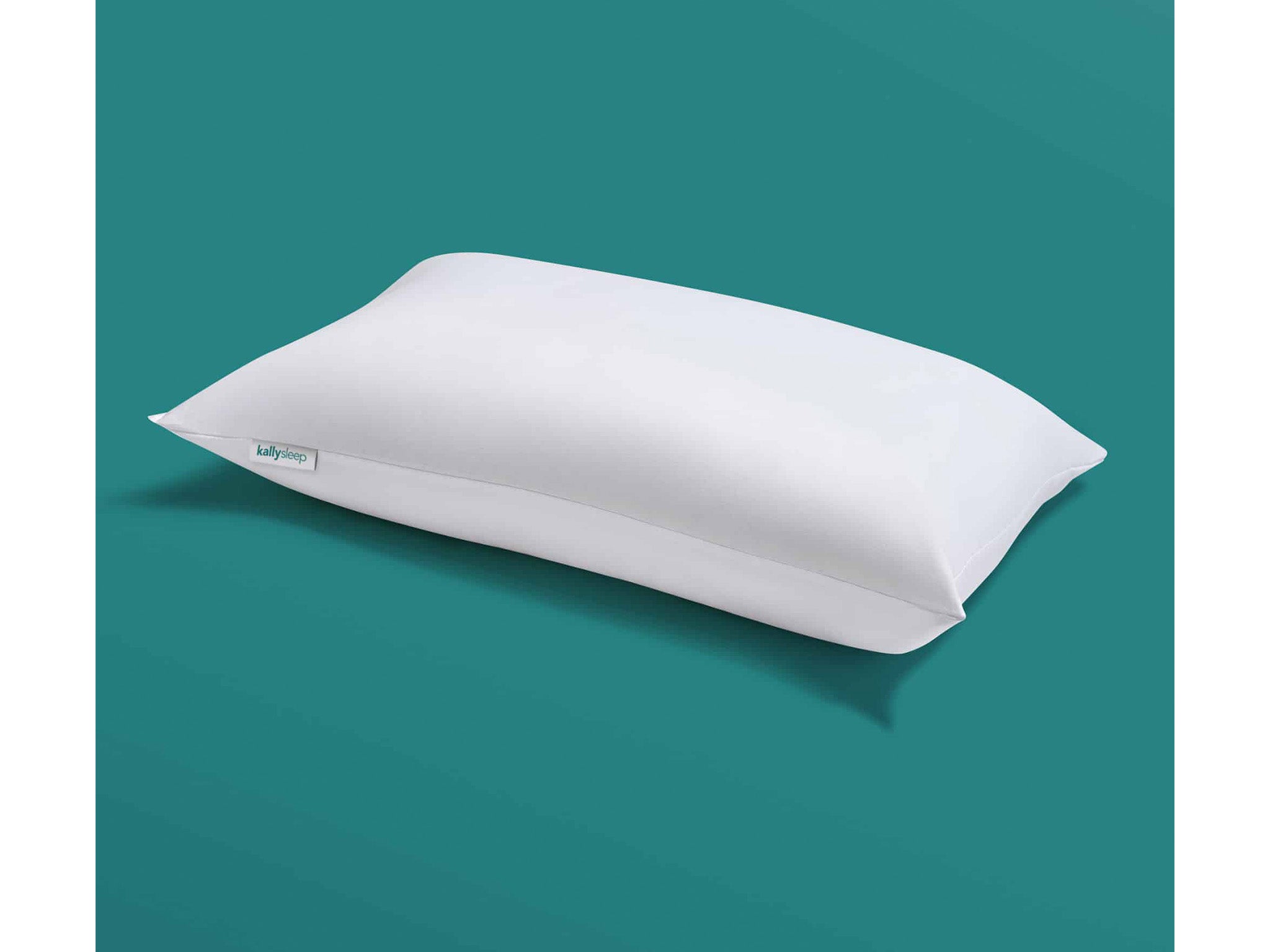
- Best: For relieving pressure
- Comfort: S-shaped foam core, breathable
- Material: Hollowfibre filling with a foam core
- Did it reduce snoring?: Yes, slightly
- Extras: Hypoallergenic filling treated to protect against bacteria
- Why we love it
- Great for those with allergies
- Decent firmness
If you suffer from allergies, you’ll appreciate that this pillow has a hollowfibre filling that has been treated to prevent bacteria and make it hypoallergenic. After all, a pillow won’t reduce your snoring if its support allows you to breathe better but you react badly to its filling.
Buried beneath the filling is an S-shaped foam core, which supports the neck, with a dip for the head. As the hollowfibre stuffing is quite plump, you don’t feel much of it but it is working in the background to soothe snores. Comfort-wise, it feels firmer than an average pillow, with the depth of a pillow you’d find in a top-quality hotel.
Groove the original Groove pillow

- Best: For easing neck pain
- Comfort: Ergonomic dip shape, space for a side-sleeper’s shoulder
- Material: Memory foam
- Did it reduce snoring?: Yes
- Extras: 100-night return policy
- Why we love it
- Scientifically designed to relieve pressure and tension
- Suitable for back and side sleepers
- Take note
- Takes some getting used to
If you associate pillows with being fluffy and rectangular, the shape of the original Groove pillow may surprise you. Scientifically designed to improve sleep posture and alleviate stress on the neck and upper back, it features an ergonomic “dip” to provide anatomical comfort, and encourages proper biomechanical positioning, which has a knock-on effect when it comes to how much you snore. The contoured shape also makes it suitable for both back and side sleepers.
Research shows you need less lift when sleeping on your back, so, the middle of the Groove pillow accommodates those sleepers, while side sleepers are likely to prefer the elevated panels at the edges of the pillow, allowing space for the shoulder. The memory foam does feel rather stiff and dense when you first start sleeping on it but, if you persevere, it should help with snoring, energy levels and overall feelings of wellness. If you really don’t get on with it, Groove offers an impressive 100-night return policy.
Lancashire Textiles orthopaedic anti-snore pillow
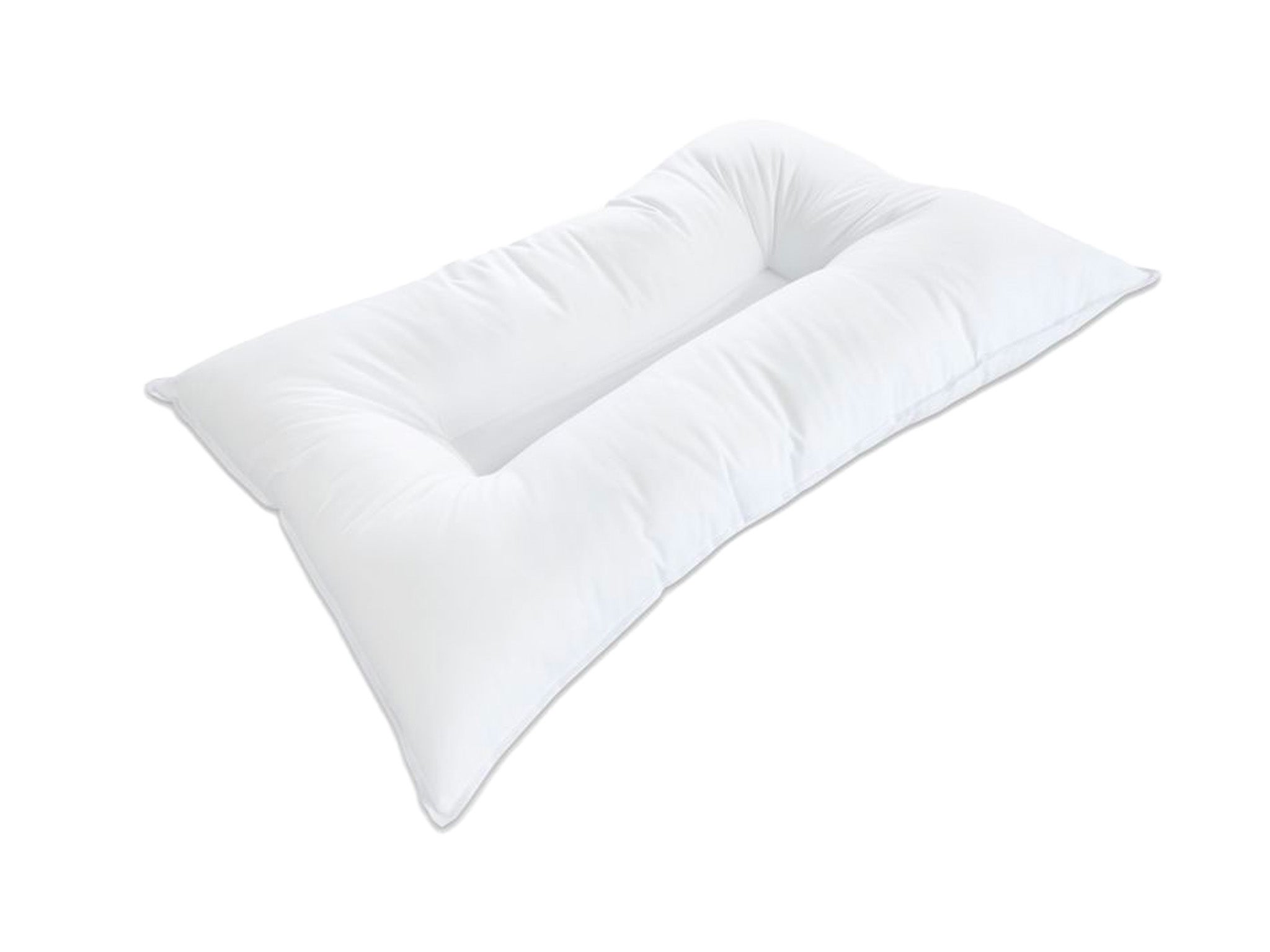
- Best: For back sleepers
- Comfort: Hollow in the centre opens airwaves. Polycotton cover ramps up breathability
- Material: Breathable cotton casing with bounceback hollowfibre
- Did it reduce snoring?: Yes, slightly
- Extras: N/A
- Why we love it
- Specific and deliberate design
- Value for money
- Hypoallergenic
- Take note
- Won’t benefit side sleepers
The Lancashire Textiles orthopaedic anti-snore pillows have been designed for people who sleep on their back and can’t get comfortable on their side. The hollow in the centre slightly tilts the head, which opens the airwaves, reducing any pressure – often the main cause of snoring. You wouldn’t benefit from it if you’re a side sleeper but it’s excellent value for back sleepers.
Designed by Lancashire Textiles and manufactured using traditional methods in the brand’s UK textiles factory, this pillow feels expensive and luxurious. The bounce hollowfibre filling feels more premium than other hollowfibre pillows, and everything is hypoallergenic.
The verdict: Anti-snoring pillows
The Levitex anti-snore pillow was the most comfortable pillow we tested, and the one that reduced snoring the most, thanks to its unique foam filling. At £75, it’s not the cheapest but this is equivalent to just one physiotherapy session that you might not need if you sort out your sleeping alignment. The original Groove pillow was also effective at reducing snoring, and the comfort improved over time.
Add a luxury feel to your bedroom, with the best linen bedding sets
